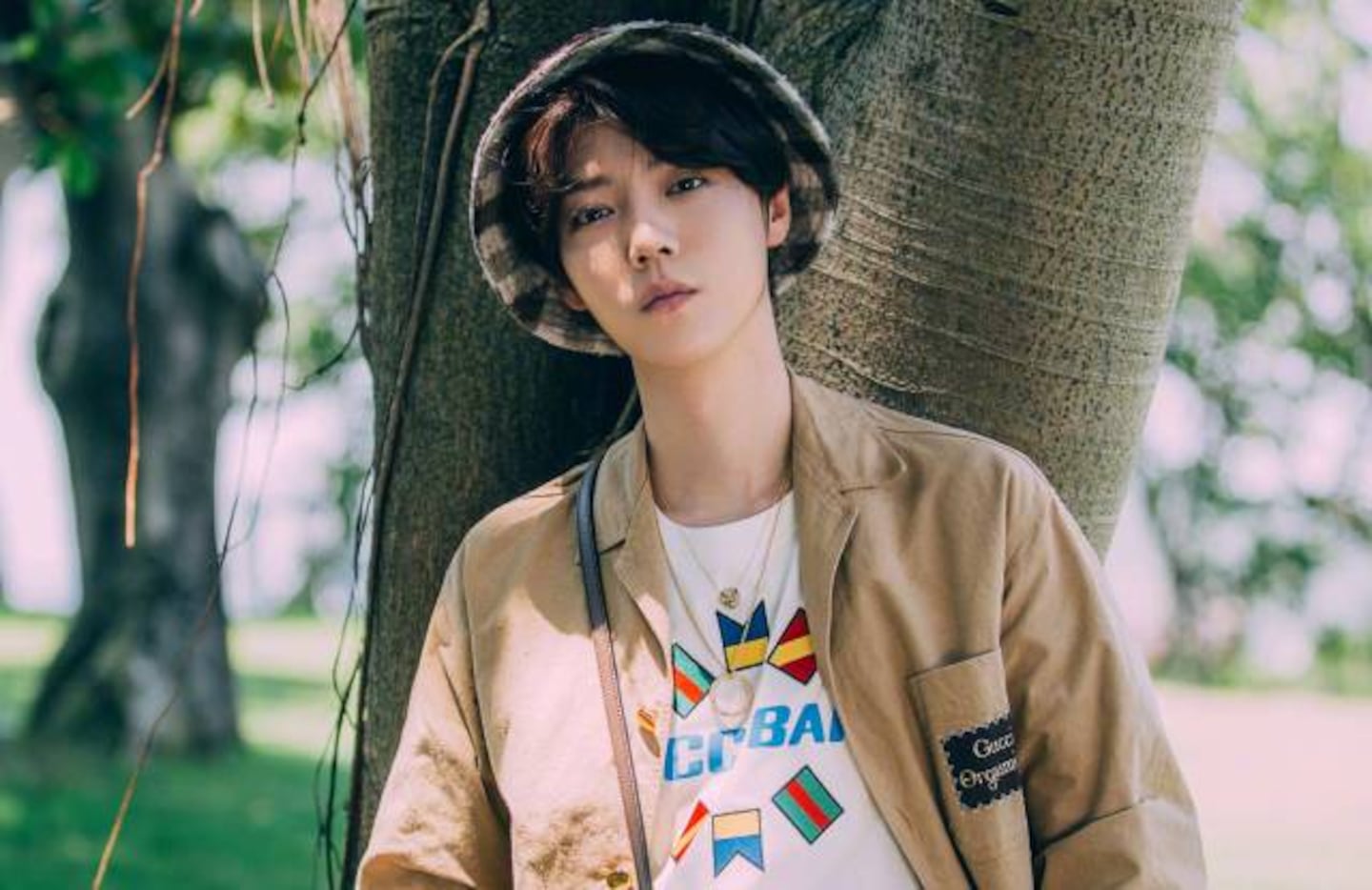
The Business of Fashion
Agenda-setting intelligence, analysis and advice for the global fashion community.

Agenda-setting intelligence, analysis and advice for the global fashion community.

Singer and actor, Lu Han, 30, has long been a popular choice among international fashion and beauty brands looking to attract the attention of his army of young fans in China. Gucci, Cartier and Lancôme are among brands Lu has worked with, helping him to become one of China’s most bankable young stars, with a Weibo following of 63 million people.
But he was also working under the radar for another brand. As Lu revealed in an interview with i-D Magazine this week, he is one of the founders of the three-year-old fashion label Un Garcon Charmant (commonly called UGC). The brand, which has shown its collections during Paris Fashion Week and also hosted a pop-up in Tokyo’s Shinjuku district, is a high-end streetwear proposition that has proven popular with China’s Gen Z consumers, even without any official public affiliation with its high-profile idol founder (Lu has often been photographed wearing the brand). Its drops of velvet and camouflage tracksuits and slogan-brandishing hoodies often sell-out almost immediately.
“We wanted to let the brand grow organically without major attention from day one in order for it to have healthy roots. This was quite an important step,” Lu told i-D of his reasons for keeping his involvement in the brand under wraps.
“Three years have passed, Un Garcon Charmant now has its own style and language, and I think it’s the right time to have an official introduction,” he added.
With consumers tightening their belts in China, the battle between global fast fashion brands and local high street giants has intensified.
Investors are bracing for a steep slowdown in luxury sales when luxury companies report their first quarter results, reflecting lacklustre Chinese demand.
The French beauty giant’s two latest deals are part of a wider M&A push by global players to capture a larger slice of the China market, targeting buzzy high-end brands that offer products with distinctive Chinese elements.
Post-Covid spend by US tourists in Europe has surged past 2019 levels. Chinese travellers, by contrast, have largely favoured domestic and regional destinations like Hong Kong, Singapore and Japan.